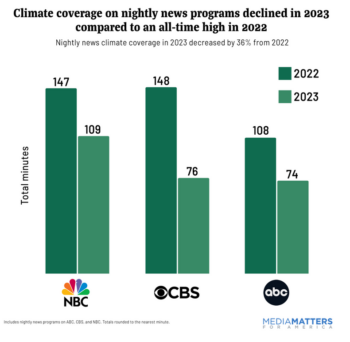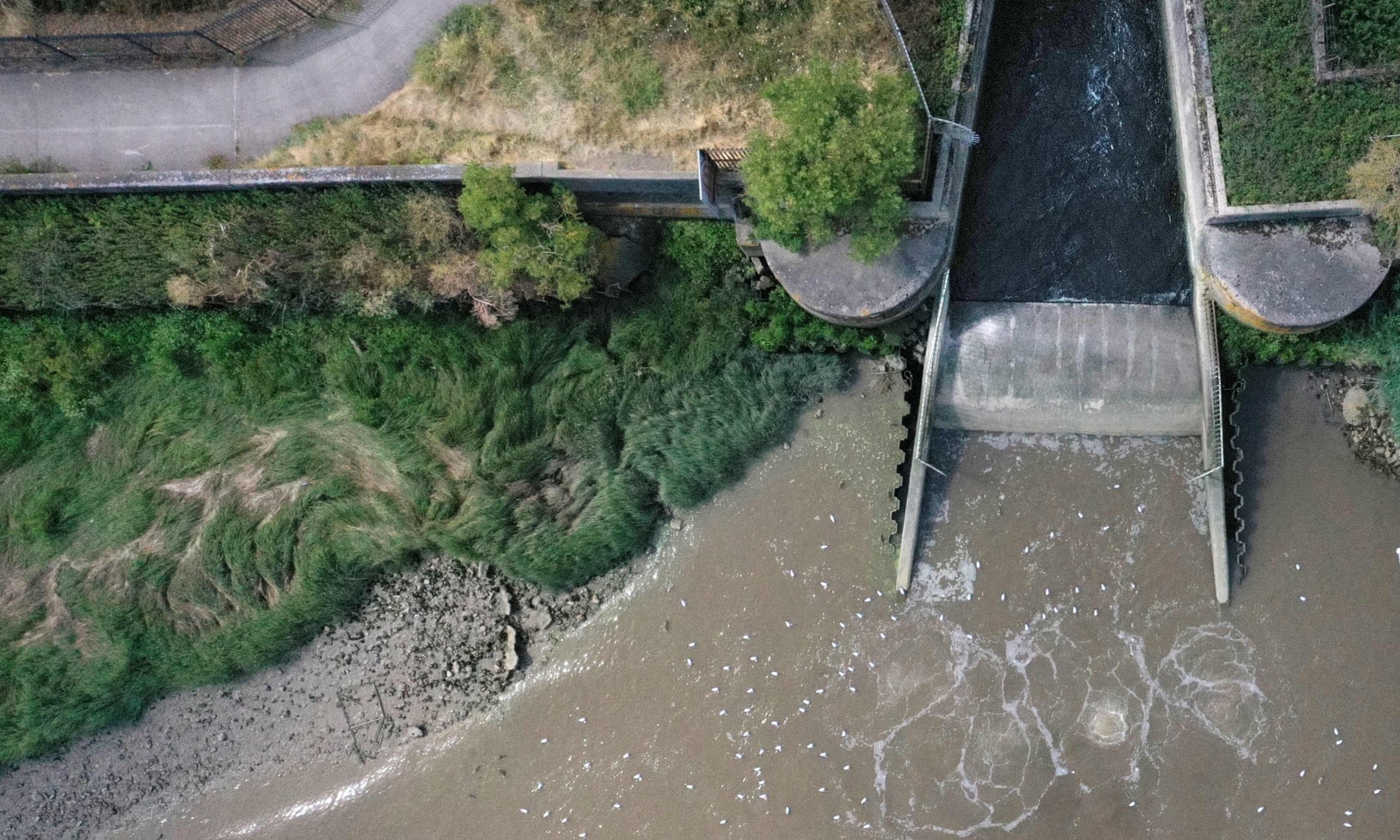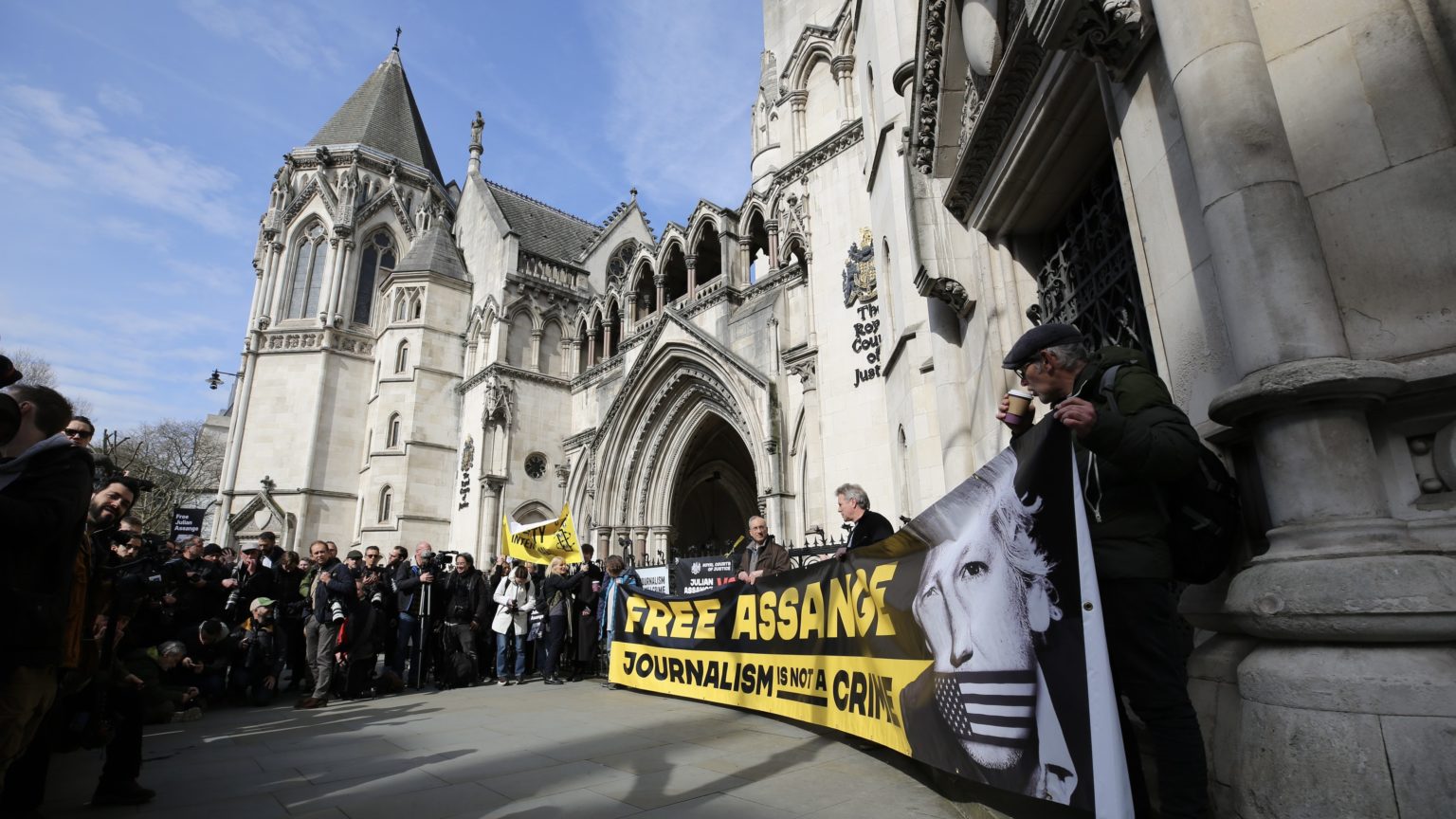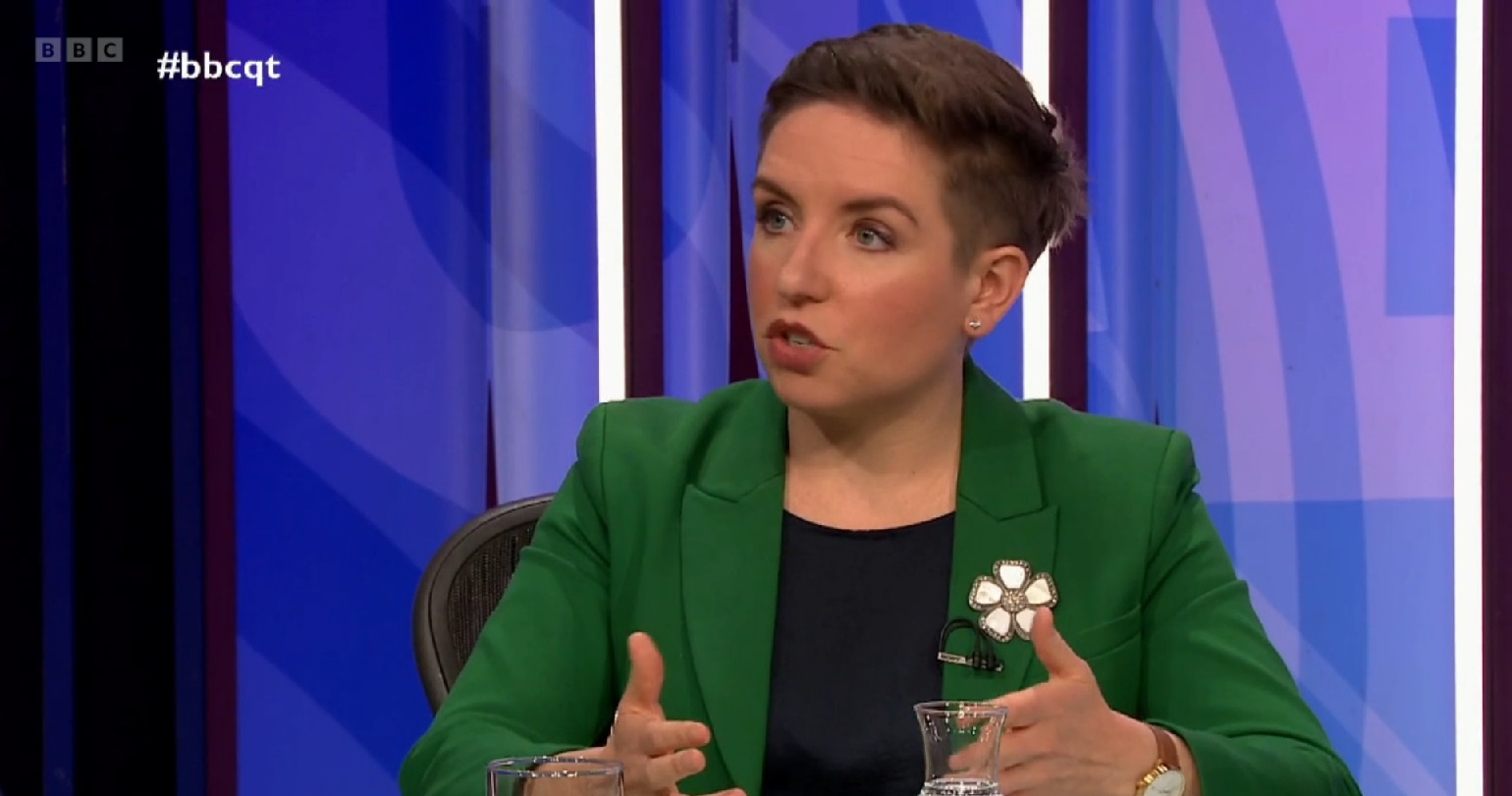Sanders Rips ‘Absurd’ US Claim That Israel Is Not Violating International Law
Original article by JAKE JOHNSON republished from Common Dreams under Creative Commons (CC BY-NC-ND 3.0).

(Photo: Jehad Alshrafi/Anadolu via Getty Images
“The State Department’s position makes a mockery of U.S. law and assurances provided to Congress,” said Sen. Bernie Sanders.
Sen. Bernie Sanders on Monday said the U.S. State Department’s determination that Israel is not violating international law with its assault on the Gaza Strip is “absurd on its face,” pointing to the mass death, destruction, and starvation that Israeli forces have inflicted on the territory’s population over the past six months.
“Thirty-two thousand Palestinians in Gaza have been killed and almost 75,000 injured, two-thirds of whom are women and children,” Sanders (I-Vt.) said in a statement. “Some 60% of the housing units have been damaged or destroyed, and almost all medical facilities have been made inoperable. Today, hundreds of thousands of Palestinian children are facing starvation because [Israeli Prime Minister Benjamin] Netanyahu won’t let in sufficient humanitarian aid, while thousands of trucks are waiting to get into Gaza.”
“The State Department’s position,” said Sanders, “makes a mockery of U.S. law and assurances provided to Congress.”
The senator’s statement came after State Department spokesperson Matthew Miller told reporters during a press briefing earlier Monday that the Biden administration has not found Israel “to be in violation of international humanitarian law, either when it comes to the conduct of the war or when it comes to the provision of humanitarian assistance.”
Miller was responding to a question about assurances the administration has received from the Israeli government that its use of American weaponry has complied with international law and that it has permitted U.S. humanitarian aid to enter Gaza, where the entire population is facing acute hunger.
Under a new Biden administration policy known as NSM-20, recipients of American military aid are required to provide the U.S. government with “credible and reliable” written assurances that they are using such assistance “in a manner consistent with all applicable international and domestic law and policy.”
Late last week, a group of U.S. senators—including Sanders—warned the Biden administration that deeming Israeli assurances credible would “be inconsistent with the letter and spirit of NSM-20” and “establish an unacceptable precedent” for the application of the policy “in other situations around the world.”
“Until Biden is ready to impose real policy consequences on Netanyahu’s government, the famine will continue.”
It is a violation of U.S. law to continue sending military assistance to a country that is obstructing the delivery of American humanitarian aid. Last month, far-right Israeli Finance Minister Bezalel Smotrich blocked a U.S.-funded flour shipment from entering the Gaza Strip, and Israeli forces have repeatedly fired on convoys attempting to deliver aid to desperate Gazans.
Prominent human rights groups have been calling on the U.S. to impose an arms embargo on Israel for months, pointing to documented examples of the Israeli military using American weaponry to commit atrocities in Gaza.
But the Biden administration has refused to even apply concrete restrictions on American military aid. Over the weekend, U.S. President Joe Biden signed into law a measure that approves $3.8 billion in unconditional military assistance for the Israeli government and imposes a one-year ban on funding for the primary humanitarian aid organization in Gaza.
Jeremy Konyndyk, the president of Refugees International and a former USAID official, said Monday that Israel’s assurances to the U.S. are “not remotely credible” and argued the Biden administration is undermining efforts to combat the worsening humanitarian crisis in Gaza by accepting the Israeli government’s claims.
The U.S., he said, is “talking a big game about fighting the famine that its bombs and diplomatic cover have helped create.” Resorting to “gimmicky” efforts such as airdrops and temporary ports while a U.S. ally obstructs humanitarian aid “is not how you fight a famine,” Konyndyk argued.
“Fundamentally Biden must choose: between continuing to enable Netanyahu, or ending the famine. There’s no way to split the difference,” said Konyndyk. “Until Biden is ready to impose real policy consequences on Netanyahu’s government, the famine will continue.”
Original article by JAKE JOHNSON republished from Common Dreams under Creative Commons (CC BY-NC-ND 3.0).
‘Crucial’ UN Report on Gaza Genocide Must Spur Global Action, Says Amnesty
US Under Fire for Downplaying Security Council Resolution as ‘Nonbinding’
‘Outrageous’: US Accepts Israeli Assurances on Legal Use of Weapons in Gaza









